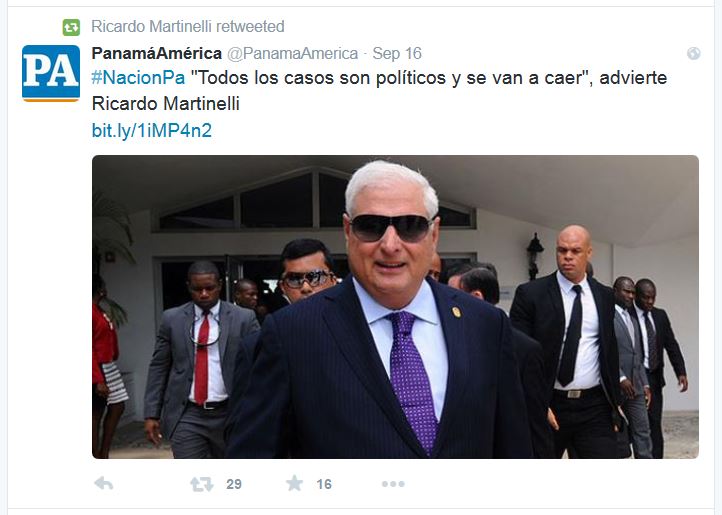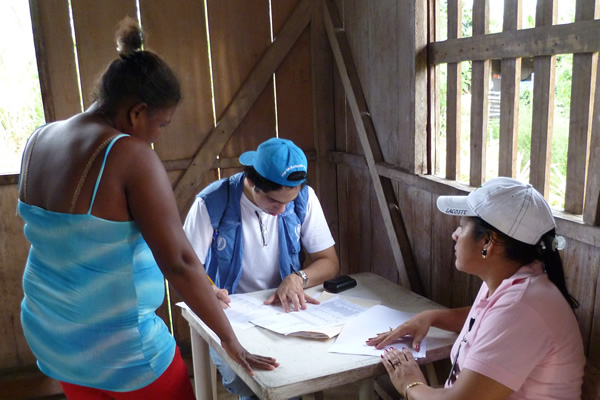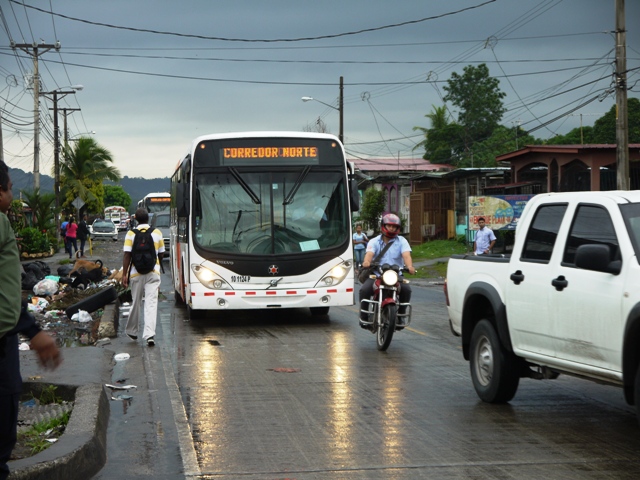
Alto a los fueros y privilegios
que generan impunidad
por la Alianza Ciudadana Pro Justicia et al
Desde hace más de un año y, luego de los primeros resultados de las investigaciones realizadas por la Procuraduría General de la Nación, el país ha conocido la magnitud de los actos de corrupción y contra el patrimonio del Estado que se cometieron durante la administración del ex-Presidente Ricardo Martinelli.
En la mayoría de estas investigaciones es mencionado el ex-Presidente, que no puede ser investigado por el Ministerio Público, sino por la Corte Suprema de Justicia, debido a las prerrogativas de las cuales goza por ser miembro del PARLACEN, y debido a la Ley blindaje que lo protege a él y a todos los diputados.
Mientras los otros ex-funcionarios implicados en estos hechos están detenidos con medidas cautelares, o buscados por INTERPOL, el ex -Presidente Ricardo Martinelli continúa sin ser requerido por la justicia panameña, y se encuentra fuera del país en categoría de turista, sin dar explicaciones de todo lo sucedido.
Es por esto que hacemos un llamado a la Corte Suprema de Justicia para que actúe y llame ante los estrados de la justicia al ex-Presidente Ricardo Martinelli. La lentitud por parte de la Corte Suprema de Justicia en atender estas denuncias está generando percepción de impunidad y pone en peligro el derecho que tenemos los ciudadanos de conocer la verdad y que se imparta justicia.
Solicitamos a los Magistrados de la Corte Suprema de Justicia que fallen sobre la inconstitucionalidad de toda la Ley 55 o Ley Blindaje, ya que la misma sigue afectando las investigaciones contra Diputados y miembros del Parlacen.
En ese orden de ideas, hemos solicitado al Presidente de la República, Juan Carlos Varela, que vete la nueva Ley Blindaje, lo que debe obligar a la Asamblea a discutir nuevamente este tema, tomando en consideración que los Diputados deben enfrentar la justicia, como todos los ciudadanos, sin fueros ni privilegios.
Le solicitamos también al señor Presidente que nombre cuanto antes a los dos nuevos magistrados/as que necesita la Corte Suprema, cuyos nombramientos realizados con transparencia y consulta ciudadana, ayuden a mejorar la imagen y el actuar de este Órgano del Estado.
¡Basta ya de impunidades! ¡Basta ya de fueros y privilegios!
En esta coyuntura histórica, necesitamos más que nunca que los Magistrados de la Corte Suprema de Justicia cumplan la misión de impartir justicia objetiva, expedita e independiente o pongan sus cargos a disposición sin más dilación!
Panamá, septiembre 2015
Alianza Ciudadana Pro Justicia
Alianza Estratégica Nacional
Asociación de Comunidades de Áreas del Canal
Asociación de Abogados Litigantes de Panamá
Asociación Conciencia Ciudadana Centro de Estudios y Capacitación Familiar
Centro de la Mujer Panameña
Centro de Estudios Promoción y Acción Social Panameño (CEASPA)
Comisión Nacional Pro Valores Civicos y Morales
Comité Latinoamericano para la Defensa de los Derechos de la Mujer (CLADEM)
Comité Salvemos el Río La Villa
Escuela de Ciudadanía de Panamá
Espacio Encuentro de Mujeres
Fundación para la Equidad de Género (FUNDAGENERO)
Fundación Instituto para el Estudio de Las Ciencias Sociales
Frente Herrerano Anticorrupción
Justicia, Paz e Integridad de la Creación Cmf
Juventud Democrática Popular
Mesa de Análisis de Leyes y Políticas Públicas de Discapacidad
Movimiento Ascanio Villalaz Paz
Movimiento de Desarrollo Integral Ngäble Bugle y Campesino (MODICO)
Movimiento Institucionalidad y Justicia
Movimiento Democrático Popular
MOVIN por Panamá
ONG Independientes por Panamá
Unión Nacional de Mujeres Panameñas (UNAMUP)
#JuntosDecidimos
~ ~ ~
Estos anuncios son interactivos. Toque en ellos para seguir a las páginas de web

















